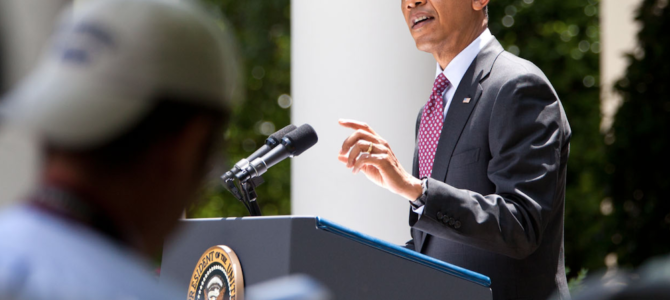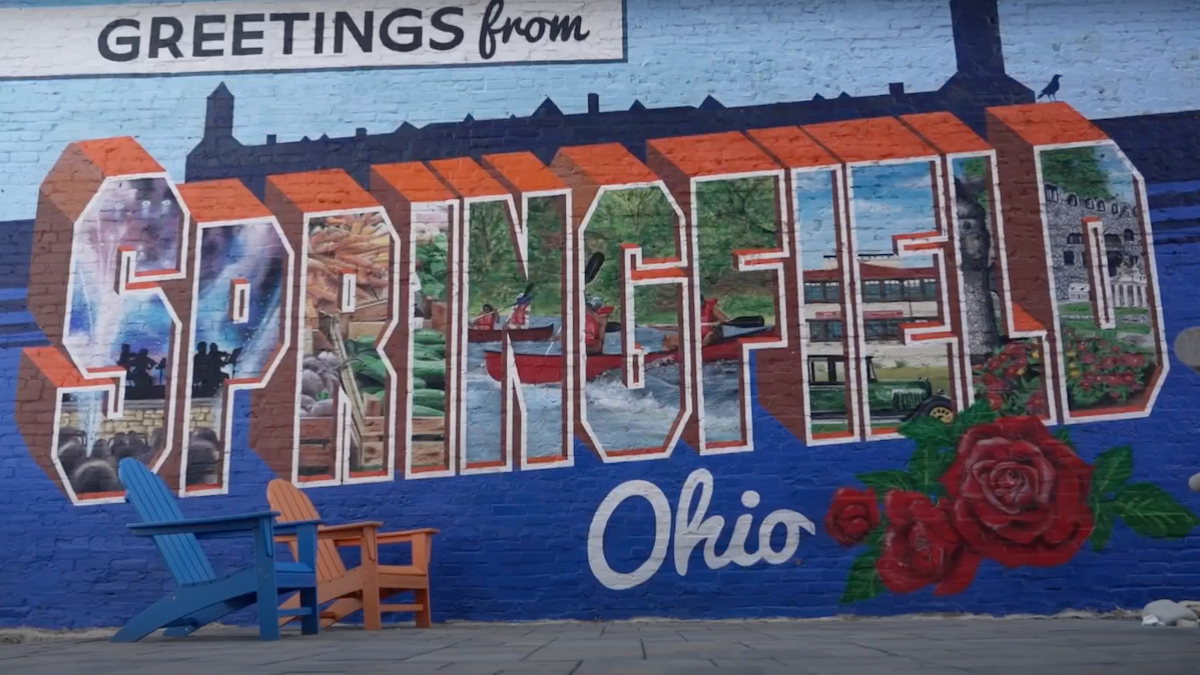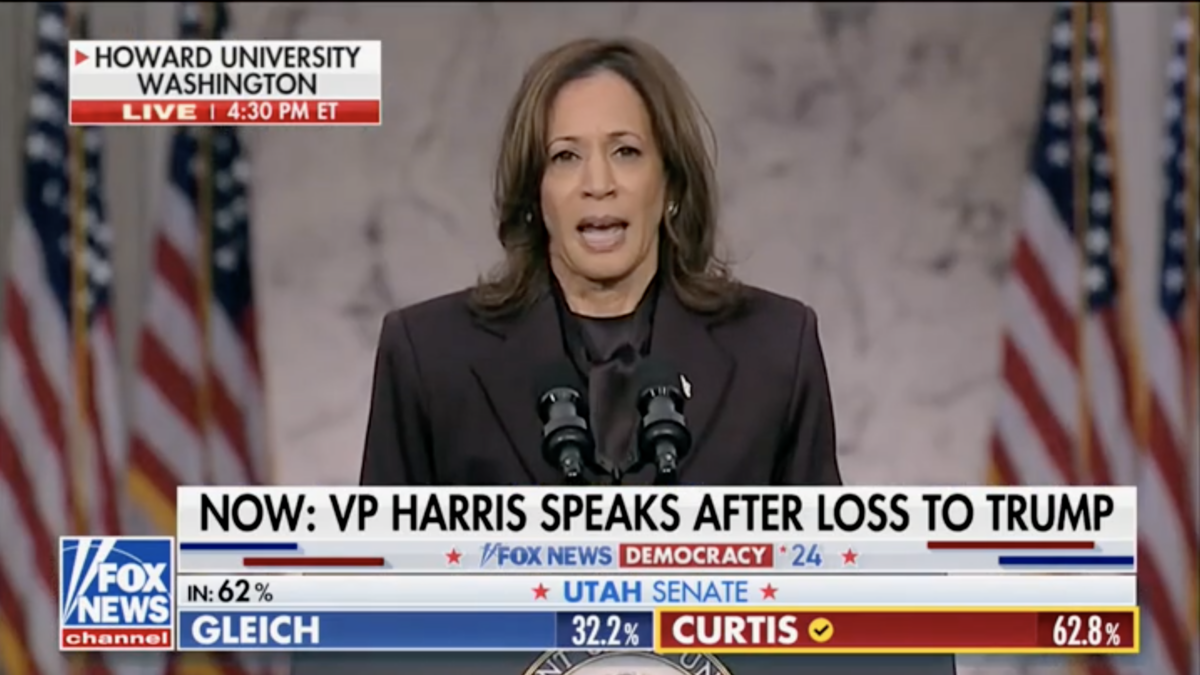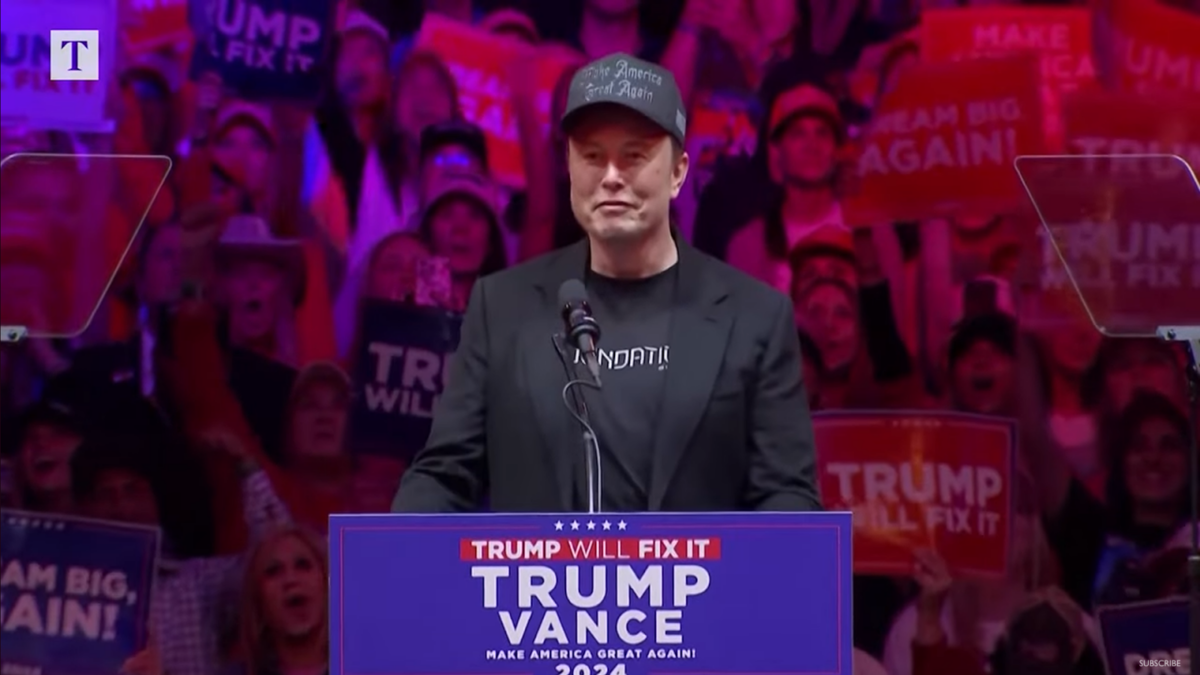
The Supreme Court on June 18 made national elections matter even less by taking yet another policy question out of voters’ hands. The new Supreme Court decision addresses DACA, or Deferred Action for Childhood Arrivals, an Obama-era executive order that sidelined the law to allow certain unauthorized immigrants to apply for a renewable, two-year forbearance of removal.
Few political topics are more controversial than the status of foreigners who came to this country illegally. Readers are undoubtedly familiar with pro-illegal immigration arguments because that’s the only position social media giants will allow. So before we turn to the particulars of the Supreme Court’s highly political decision on DACA, it’s worth revisiting counterarguments.
Illegal Immigration Hurts Vulnerable Workers
Legal immigration can be wonderful. When permitted at a rate that allows cultural and economic integration, it refreshes our country’s culture and economy. Illegal immigration, which DACA facilitates, creates a gray-market labor force that can be exploited and bullied. It dilutes the bargaining power of existing workers negotiating wages and working conditions.
Illegal immigration most adversely affects America’s poor and newest immigrants. Imagine being a legal immigrant trying to compete with new arrivals from El Salvador and Honduras who offer to do the same job for half price.
For privileged professionals, illegal immigration has the opposite effect. Plentiful illegal immigrants subsidize their purchasing power with cheaper labor. Rising lawyers, doctors, and college professors typically don’t compete for jobs with new arrivals from Central America. So our privileged class lectures Americans about being compassionate toward illegal immigrants without any regard for the high cost the lowest-income Americans pay.
Illegal immigrants are often treated like quasi-slaves in supposedly progressive neo-feudal states such as California. Communities made up of many people who are illegally present fear calling the police to stop criminal activity because questions might arise regarding their status.
We shouldn’t have a second-class workforce in this country. Widespread illegal immigration hurts the rule of law and directly harms the most vulnerable workers already in America.
DACA Was Always Against the Law
As the dissent noted, federal lawmakers considered more than two dozen bills from 2001 to 2011 that would have given legal status to the millions of illegal immigrants who were brought to the United States when they were children. When all those bills failed, Obama’s Department of Homeland Security ruled by fiat, unilaterally imposing the DACA program without congressional approval.
DACA protects from deportation approximately 700,000 people who are in the United States illegally. However, DACA is not a “law.” It’s not based on the Constitution. It wasn’t passed by Congress. It’s an executive order issued by Barack Obama, who is no longer president.
The executive order also flatly contradicts existing law. DACA is (or should be) illegal under a precedent established by the Supreme Court’s review of a similar executive order relating to parents who came to this country illegally but since had a child in the states.
A president has the power to direct his subordinate agencies to carry out his policies. But he should not have the power to void a duly enacted law. The Constitution assigns that power to Congress. As noted by the dissent:
DHS created DACA during the Obama administration without any statutory authorization and without going through the requisite rulemaking process. As a result, the program was unlawful from its inception. … No party disputes that the immigration statutes lack an express delegation to accomplish [that] result. And, an examination of the highly reticulated immigration regime makes clear that DHS has no implicit discretion to create new classes of lawful presence or to grant relief from removal out of whole cloth. Accordingly, DACA is substantively unlawful.
Voters Already Signaled Their Immigration Desires
The Trump administration attempted to rescind the DACA executive order. Logically, a former president’s executive order shouldn’t carry greater weight than a decision of the current elected president. The original DACA memo cited “prosecutorial discretion” to justify ignoring governing immigration law. Shouldn’t President Donald Trump have just as much “prosecutorial discretion” as Obama did?
But then DACA morphed into a legal fiction known as “a substantive or legislative rule” that has the force of law. That was the justification for overruling Trump, that his administration failed to follow a rule-making process in rescinding DACA. As the dissent noted, by that logic, DACA should be just as invalid for not following the same procedures. The dissent noted how harmful this approach is to self-government and the rule of law:
Perhaps even more unfortunately, the majority’s holding creates perverse incentives, particularly for outgoing administrations. Under the auspices of today’s decision, administrations can bind their successors by unlawfully adopting significant legal changes through Executive Branch agency memoranda. Even if the agency lacked authority to effectuate the changes, the changes cannot be undone by the same agency in a successor administration unless the successor provides sufficient policy justifications to the satisfaction of this Court. In other words, the majority erron
eously holds that the agency is not only permitted, but required, to continue administering unlawful programs that it inherited from a previous administration.
As we approach the end of Trump’s first, and perhaps only, term, his voters must be asking themselves why the Supreme Court shields a legally dubious executive order from a political decision rendered at the ballot box. Voters knew Trump promised to take a different direction on immigration. DACA was squarely within the matters on which the voters weighed the candidates in 2016. This Supreme Court decision nullifies that election with respect to the president’s signature issue.
We don’t know who will win in the November 2020 presidential election. But does it matter if the Supreme Court is just going to substitute its judgement for that of voters? Regardless of whether one agrees with DACA’s aims, an executive order should not be the vehicle for resolving a hotly debated political issue. Elections should.









